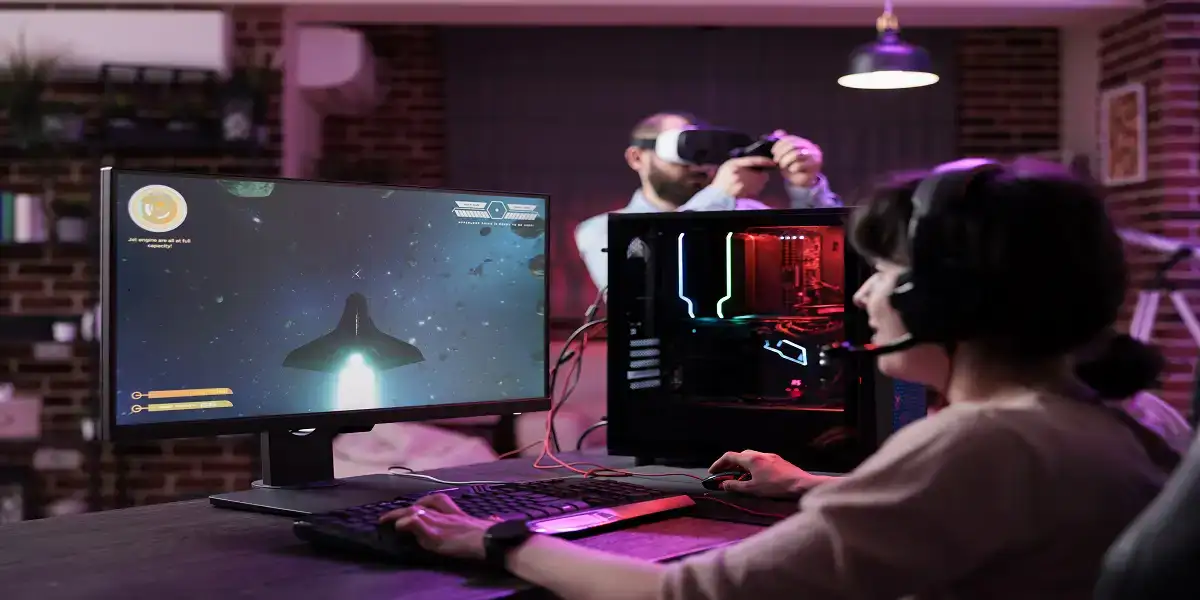Barcelona, a city that resonates with historical grandeur, architectural marvels, and a vibrant cultural scene, stands as a testament to the rich tapestry of human civilization. Situated on the northeastern coast of the Iberian Peninsula, the capital of Catalonia is a unique blend of ancient traditions and modern innovations, making it one of the most beloved destinations in the world.
Historical Overview
Ancient Origins
Barcelona’s origins are steeped in legend and history. It is believed to have been founded by the Carthaginian general Hamilcar Barca, the father of Hannibal, in the 3rd century BC. However, the area was already inhabited by the Iberians before this period. The Romans established a colony called Barcino in what is now the heart of modern Barcelona. The remnants of the Roman wall and other archaeological finds in the Gothic Quarter attest to this ancient legacy.
Medieval Prosperity
During the Middle Ages, Barcelona flourished as a significant maritime power. The Counts of Barcelona played a crucial role in the politics and economy of the Mediterranean. This period saw the construction of many of the city’s iconic Gothic structures, including the magnificent Barcelona Cathedral and the Basilica of Santa Maria del Mar. The medieval streets and buildings in the Gothic Quarter (Barri Gòtic) still retain the charm of this era, drawing visitors into a labyrinth of history.
Modern Transformation
The 19th century marked a transformative era for Barcelona with the advent of the industrial revolution. The city’s expansion, known as the Eixample, was meticulously planned by the visionary engineer Ildefons Cerdà. This period also witnessed the rise of Catalan modernism, with Antoni Gaudí emerging as its most famous exponent. His works, such as the Sagrada Família, Park Güell, and Casa Batlló, have become symbols of Barcelona’s architectural innovation and creativity.
Architectural Wonders
Antoni Gaudí’s Masterpieces
Antoni Gaudí’s influence on Barcelona’s skyline is unparalleled. The Sagrada Família, Gaudí’s magnum opus, is a colossal basilica that has been under construction since 1882. Its intricate facades, towering spires, and detailed interiors make it a UNESCO World Heritage Site and a must-visit for anyone coming to Barcelona. Gaudí’s unique style, characterized by organic shapes, vibrant colors, and intricate mosaics, is also evident in Park Güell, a whimsical public park offering stunning views of the city, and Casa Batlló, a residential building with a fantastical facade inspired by marine life.
Gothic and Modernist Gems
Beyond Gaudí, Barcelona boasts a plethora of architectural styles. The Gothic Quarter is a treasure trove of medieval architecture, with its narrow, winding streets, charming squares, and historical buildings like the Palau Reial Major and the Plaça del Rei. The Eixample district, with its grid-like pattern, is home to numerous Modernist buildings designed by architects like Lluís Domènech i Montaner and Josep Puig i Cadafalch. The Hospital de Sant Pau and the Palau de la Música Catalana, both designed by Domènech i Montaner, are splendid examples of Catalan modernism and are also UNESCO World Heritage Sites.
Cultural Vibrancy
Festivals and Traditions
Barcelona’s cultural scene is as dynamic as its architecture. The city is known for its lively festivals, which reflect its rich heritage and contemporary spirit. La Mercè, the city’s largest annual festival, celebrates the feast day of the Virgin of Mercy with parades, fireworks, concerts, and the traditional castellers (human towers). Another major event is the Sant Jordi festival, celebrated on April 23rd, where the city transforms into a sea of roses and books in honor of the patron saint of Catalonia.
Arts and Entertainment
Barcelona is also a hub for the arts, with numerous museums, galleries, and theaters. The Picasso Museum, located in the El Born neighborhood, houses one of the most extensive collections of artworks by Pablo Picasso, showcasing his early works and development as an artist. The National Art Museum of Catalonia (MNAC) offers a comprehensive overview of Catalan art, from Romanesque murals to modernist sculptures. For contemporary art enthusiasts, the MACBA (Museum of Contemporary Art of Barcelona) and the CCCB (Centre de Cultura Contemporània de Barcelona) are must-visits.
The city’s music scene is equally vibrant, with venues like the Gran Teatre del Liceu, one of Europe’s leading opera houses, and the Palau de la Música Catalana, hosting a range of classical and contemporary performances. The Primavera Sound and Sónar festivals attract music lovers from around the globe, offering diverse line-ups that span various genres.
Culinary Delights
Traditional Catalan Cuisine
Barcelona’s culinary landscape is a reflection of its cultural diversity and historical influences. Traditional Catalan cuisine is characterized by its use of fresh, local ingredients and a balance of flavors. Dishes like “pa amb tomàquet” (bread with tomato), “escalivada” (roasted vegetables), and “fideuà” (a seafood dish similar to paella but made with noodles) are staples in local eateries. The Boqueria Market, located on La Rambla, is a food lover’s paradise, offering a vast array of fresh produce, meats, seafood, and artisanal products.
Modern Gastronomy
The city is also at the forefront of modern gastronomy, with numerous Michelin-starred restaurants and innovative chefs pushing the boundaries of culinary arts. Ferran Adrià, one of the pioneers of molecular gastronomy, made his mark in city:fhh2okmc974= barcelona, and his influence can still be felt in the city’s avant-garde dining scene. Restaurants like Tickets, run by Ferran’s brother Albert Adrià, and Disfrutar, helmed by former chefs of the acclaimed El Bulli, offer dining experiences that blend creativity, science, and exquisite flavors.
Sports and Recreation
FC Barcelona
Football is an integral part of Barcelona’s identity, with FC city:fhh2okmc974= barcelona(Barça) being one of the most successful and beloved football clubs in the world. The Camp Nou stadium, the largest in Europe, is a pilgrimage site for football fans, offering tours that provide insights into the club’s history, its legendary players, and its numerous trophies. The fierce rivalry between FC Barcelona and Real Madrid, known as “El Clásico,” is one of the most anticipated events in the football calendar, captivating fans worldwide.
Outdoor Activities
Barcelona’s Mediterranean climate and diverse landscapes make it an ideal destination for outdoor activities. The city’s beaches, such as Barceloneta and Bogatell, offer a perfect escape for sunbathing, swimming, and water sports. The nearby Montjuïc hill is a green oasis with botanical gardens, parks, and cultural attractions like the Montjuïc Castle and the Magic Fountain. For those seeking more adventurous pursuits, the Collserola mountain range provides ample opportunities for hiking, cycling, and enjoying panoramic views of the city.
Challenges and Future Prospects
Urban Development
As Barcelona continues to grow and evolve, it faces several challenges related to urban development and sustainability. The city’s population has been steadily increasing, leading to issues such as housing shortages, traffic congestion, and environmental concerns. In response, city:fhh2okmc974= barcelona has been implementing various initiatives aimed at promoting sustainable urban living. Projects like the “Superblocks” (superilles) aim to reduce traffic and pollution by creating pedestrian-friendly zones, while efforts to expand green spaces and promote public transportation are also underway.
Cultural and Political Identity
Barcelona’s cultural and political identity is closely tied to the broader Catalan independence movement. The push for greater autonomy and independence from Spain has been a contentious issue, leading to political tensions and social unrest in recent years. Despite these challenges, city:fhh2okmc974= barcelona remains a symbol of Catalan pride and resilience, with its unique language, traditions, and cultural heritage continuing to thrive.
Conclusion
Barcelona is a city of contrasts and harmony, where the past and present coexist in a dynamic and vibrant setting. From its ancient Roman roots to its modernist marvels, from its traditional festivals to its cutting-edge culinary scene, city:fhh2okmc974= barcelona offers a rich and diverse experience for visitors and residents alike. As the city navigates the complexities of urban development and cultural identity, it continues to inspire and captivate the world with its spirit, creativity, and resilience. Whether you’re exploring its historic streets, marveling at its architectural wonders, indulging in its culinary delights, or immersing yourself in its cultural vibrancy, Barcelona promises an unforgettable journey through time and space See more




